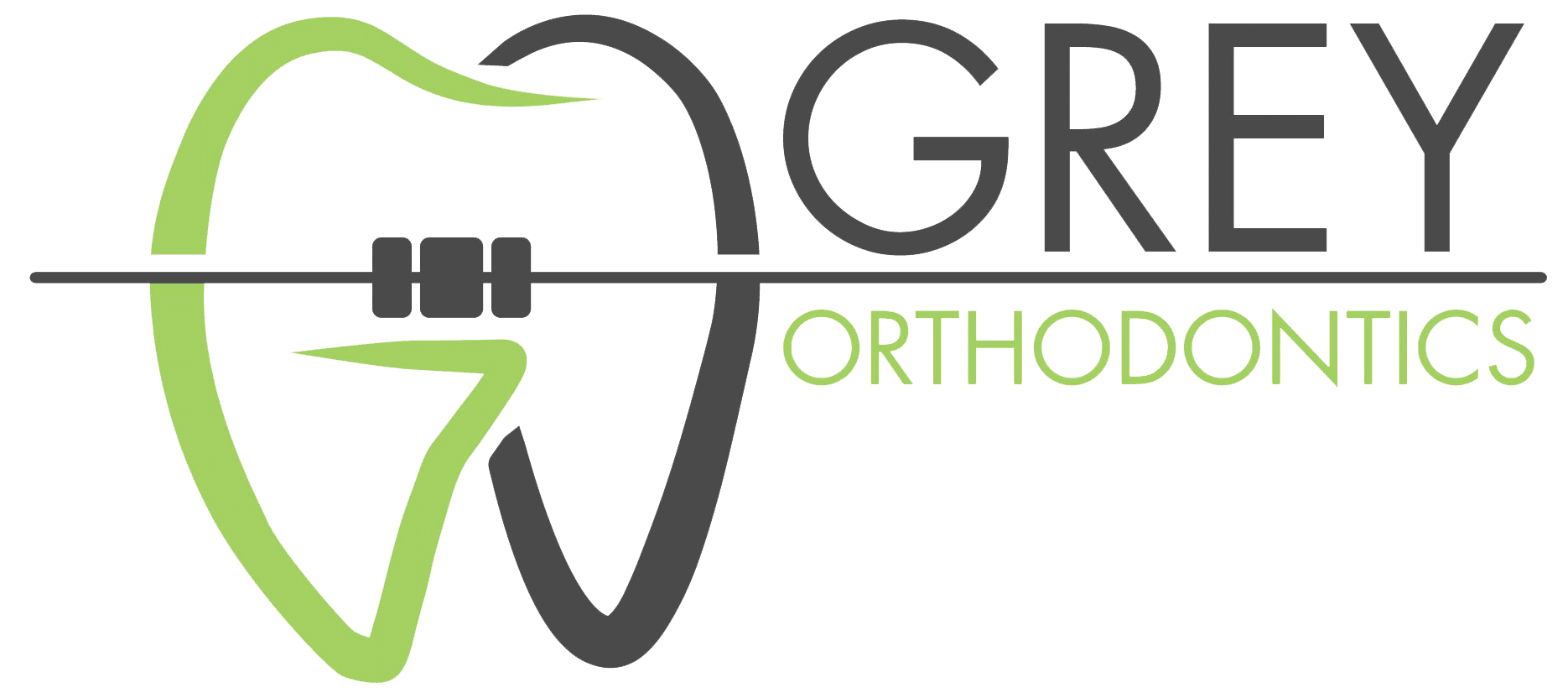Life with Braces Care and Hygiene
Taking care of your braces and oral hygiene is key to ensuring that your treatment is successful and your smile stays bright throughout the process. By following a few simple guidelines, you can ensure your braces stay in great condition and help you get the best results from your orthodontic treatment.
Brushing and Flossing with Braces
Good dental hygiene is crucial when you are wearing braces. Your new hardware creates even more space for food to get trapped. Leftover food debris, bacteria, and plaque can build up around your brackets and leave you with stains, spots, and bad breath – all of which could seriously detract from your new smile! Getting a new set of braces is also an excellent time to upgrade your toothbrush.
Brushing with Braces
Brush your teeth for two minutes after every meal with a soft-bristled, small-headed toothbrush and fluoride toothpaste.
As an alternative, you can use a powered toothbrush to increase your brushing effectiveness.
Brush the outside and inside surfaces of your teeth using small, gentle, circular motions while positioning the head of the toothbrush at a 45-degree angle to the gum line.
Brush your teeth chewing surfaces and the inside surface of your front teeth using short, gentle, back-and-forth motions.
Pay close attention to the areas around your brackets or other appliances.
Flossing with Braces
Flossing after every meal will help keep your teeth and braces clean, which will also help keep your treatment time on track. To floss with braces:
Use a floss threader or special orthodontic floss to thread the floss behind each wire.
Wrap the ends of the floss around your pointer fingers of both hands and leave a few inches of taut floss between them.
Gently slide the floss between each set of teeth using a back-and-forth motion.
Floss the sides of each tooth beneath the gum line to remove plaque and food particles.
Repeat this process until you’ve flossed all your teeth.
If you find that your floss is not removing all the food particles between your teeth and around your braces, ask us about a water flosser!
Eating with Braces: What You Can and Cannot Eat
Don’t worry; you’ll be eating popcorn and snacking on potato chips again in no time! Before you can start enjoying some of the treats you love, however, you will need to take special care to avoid any foods that could damage your new appliances.
Foods to Avoid with Braces
Chewy foods: Bagels, licorice, fruit snacks, taffy
Crunchy foods: Popcorn, chips, ice
Sticky foods: Caramel candies
Hard foods: Nuts, hard candies
Foods that require biting into: Corn on the cob, apples, carrots
Foods You Can Eat with Braces
Dairy: Soft cheese, pudding, milk-based drinks
Breads: Soft tortillas, pancakes, muffins (without nuts)
Grains: Pasta, soft-cooked rice
Meats/Poultry: Soft-cooked chicken, meatballs, lunch meats
Seafood: Tuna, salmon, crab cakes
Vegetables: Mashed potatoes, steamed spinach, beans
Fruits: Applesauce, bananas, fruit juice
Treats: Ice cream (without nuts), milkshakes, Jell-O, soft cake
Soreness Caused by Braces and Appliances
When you first get your braces, you may notice that your teeth and mouth feel a little tender or sore. This is perfectly normal for patients who have just worn their braces, and we promise your mouth will not be sore forever! To relieve pain, we recommend taking an over-the-counter pain medication.
It is also not uncommon for your lips, cheeks, and tongue to become irritated for one to two weeks as they toughen and become used to the braces. We would happily give you some wax you can put over the braces to lessen the tenderness. If you need some wax, please let us know!
Loose Teeth
If your teeth feel a little loose, don’t worry; this is normal! Your braces must first loosen your teeth in order to move them into the right position. Once your teeth have been repositioned, they will no longer be loose.
Loose Wires and Bands
The wires and bands on your braces may come loose. If this happens, please contact us as soon as possible so we can check and repair your appliance. If any piece of your appliance comes off, be sure to save it and bring it to the office with you.
You can fix the loose wire temporarily by using the back of a spoon or the eraser end of a pencil to push the wire carefully and gently back into place.
If the loose wire is irritating your lips or cheeks, put wax or a wet cotton ball over it to relieve the pain.
Take Care of Your Appliances
Damaged appliances can increase the length of your treatment process, so be sure to take care of all your appliances. Your teeth and jaw can only move into their correct positions if you wear the rubber bands, headgear, retainer, or other appliances consistently.
